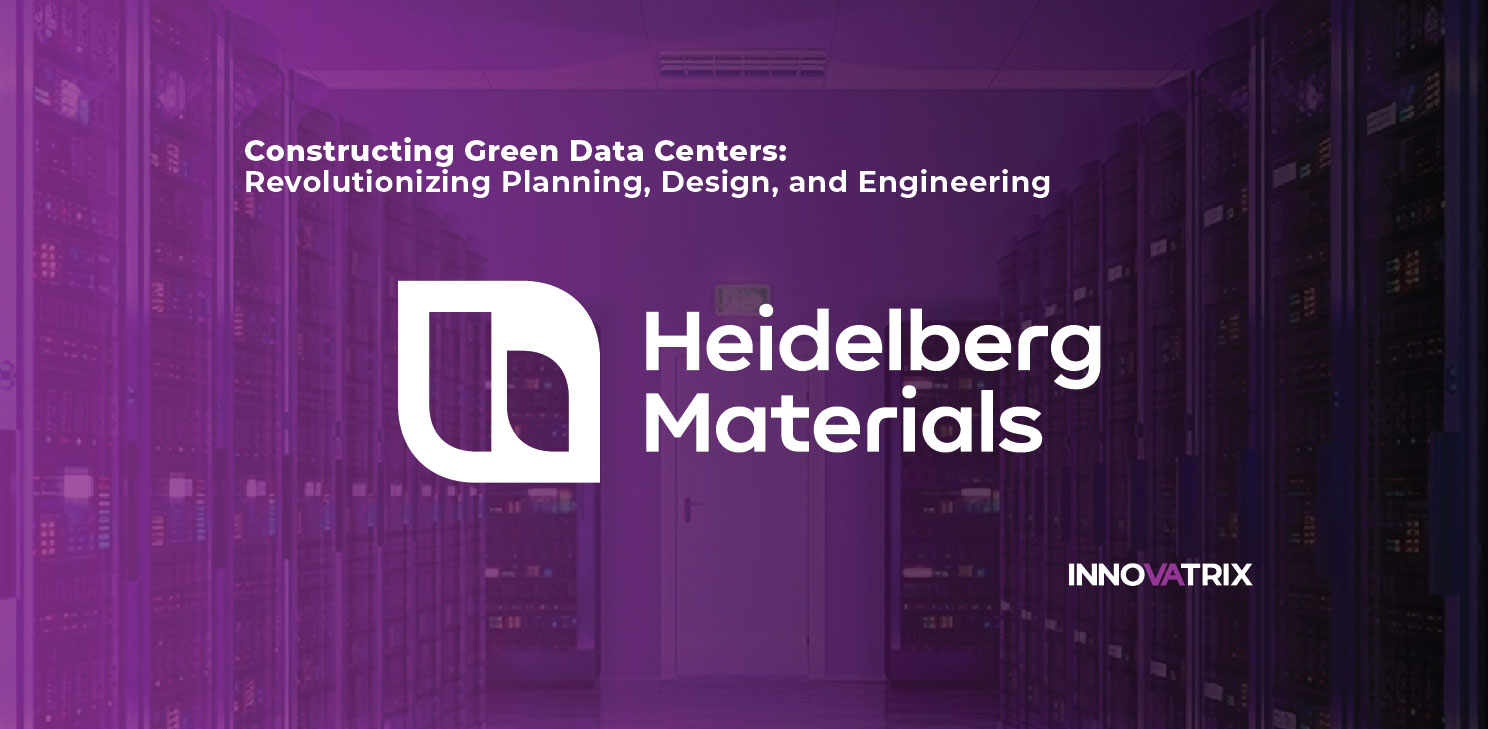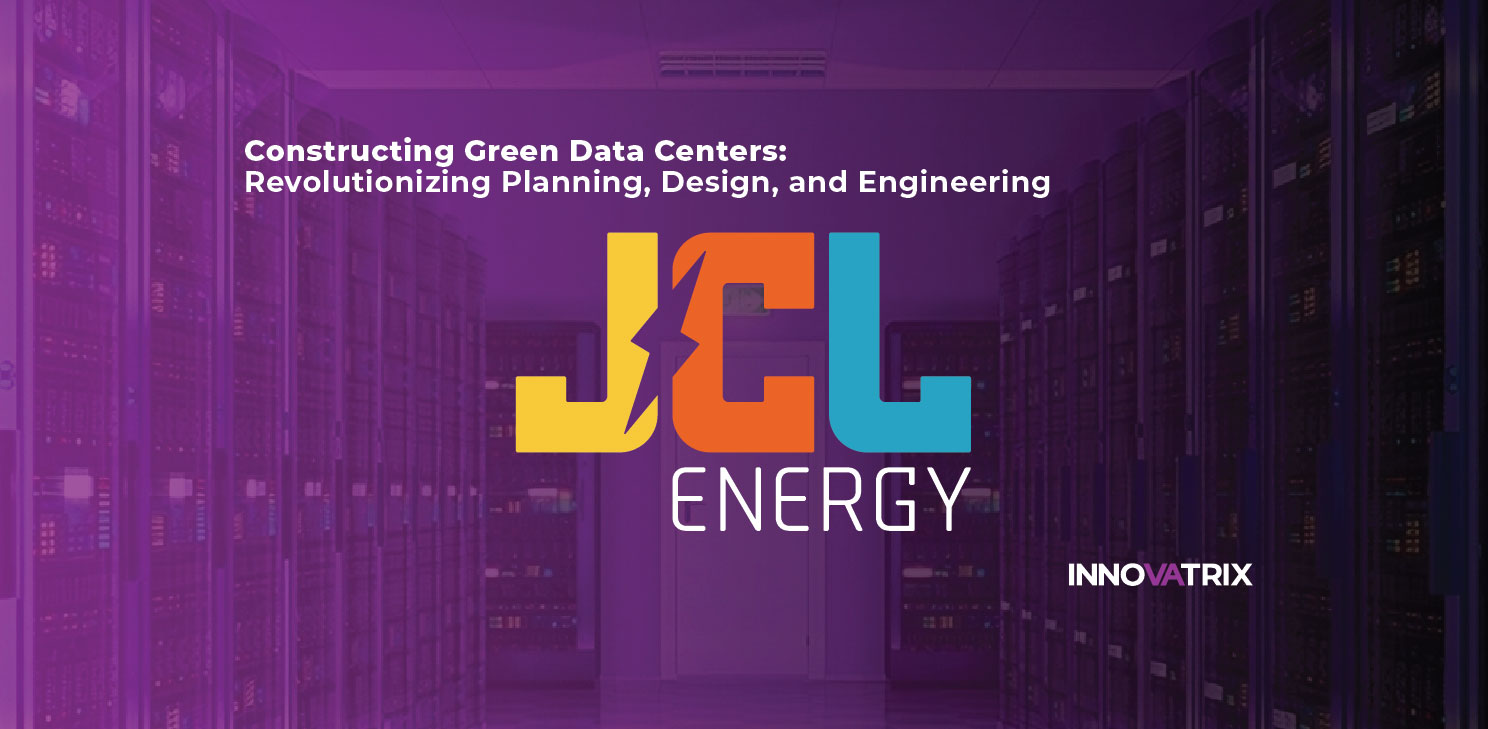As the demand for EV batteries continues to rise, manufacturers are faced with the challenge of improving efficiency while minimising environmental impact. One often-overlooked factor in battery production efficiency is the energy-intensive HVAC systems required to maintain controlled environments. A recent study published in the Journal of Cleaner Production shows how model-predictive control schemes can significantly reduce energy consumption in HVAC systems within gigafactories.
Gigafactories, especially dry rooms and cleanrooms, require strict control over temperature, humidity, and air purity. These conditions are necessary to prevent contamination, ensure product quality, and enhance worker safety. However, conventional HVAC systems are often oversized and operate at maximum capacity regardless of real-time environmental conditions. This inefficiency results in excessive energy consumption, higher operational costs, and increased carbon emissions.
The study explores four different HVAC control schemes: constant or scheduled operation, open or closed loop-based control, predictive open or closed loop control and model-predictive control (MPC). The results reveal that transitioning to MPC can yield energy savings of up to 37.29%, a significant improvement over traditional static systems. Surprisingly, even simple control approaches, without any predictions, have a good energetic saving potential of up to 20.22% compared to the initial state, which is why they are initially recommended for practical implementation
MPC operates by continuously analysing real-time data from the production environment, predicting future conditions, and adjusting HVAC operations accordingly. This proactive approach minimises energy waste, as the system responds dynamically to actual production needs rather than adhering to static, pre-set parameters.
To validate these findings, the study was conducted at the Battery LabFactory Braunschweig (BLB), an industry-scale research facility for lithium-ion battery production. The case study demonstrated how implementing advanced control mechanisms can significantly optimise energy use without compromising environmental conditions. As HVAC systems account for 11–20% of final energy consumption in the German industrial sector, the potential savings across the industry are significant.
Gigafactory efficiency can be greatly improved by implementing model-predictive control in HVAC systems. By utilising advanced control methods, manufacturers can meet energy efficiency, cost savings, and sustainability goals. TROX, a Bronze Sponsor of our upcoming gigafactory event in Berlin, offers all types of ventilation and air-conditioning technology from a single source, backed by dedicated research that has made TROX a leader in innovation in these fields.
To connect with TROX and find out more about the latest in gigafactory innovations, technology, construction and regulations in Europe, meet with solution providers and hear talks from industry leaders, attend the 3rd European Battery Gigafactory Summit: Advances in Planning, Engineering and Operations taking place in Berlin, Germany on May 14-15, 2025.
For more information, visit our website or email us at info@innovatrix.eu for the event agenda.
Source:






